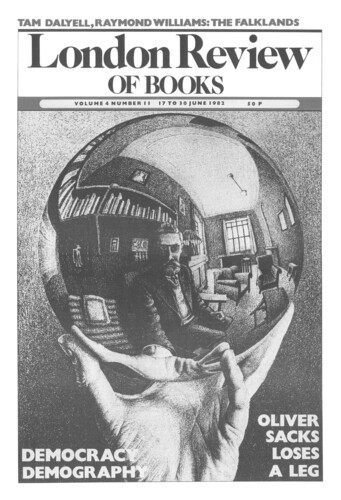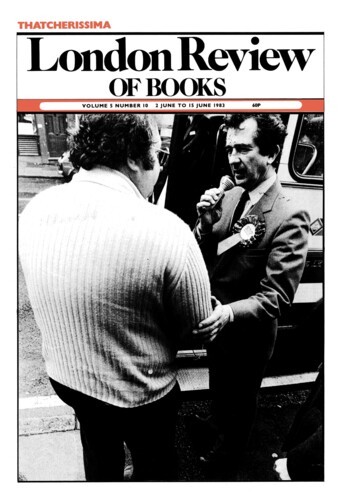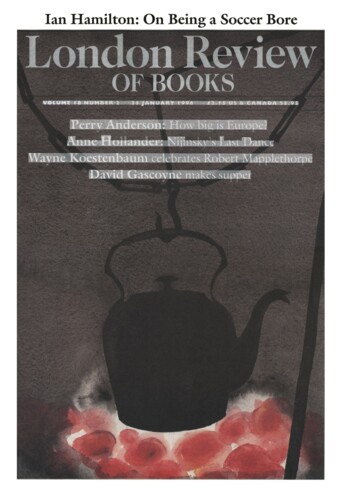Honours for Craziness
Frank Cioffi, 17 June 1982
Peter Sedgwick has given us an informative, penetrating, witty and critical account of anti-psychiatry as represented by Laing, Szasz, Goffman and Foucault. The central ambition of anti-psychiatry has been to replace the so-called medical model of mental illness by a ‘labelling’ one, according to which the behaviours which provoked diagnoses of psychopathology were not manifestations of some underlying pathology but merely conduct found obnoxious by the labellers. Sedgwick counters anti-psychiatry’s startling claim that mental illness is just deviancy with the apparently paradoxical one that illness of any kind is deviancy: ‘The attribution of illness always proceeds from the computation of a gap between presented behaviour (or feeling) and some norm.’





